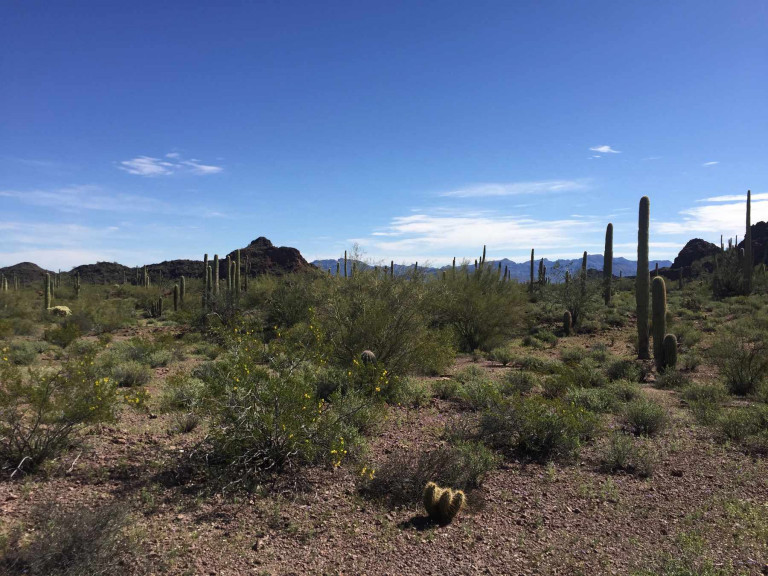An early advocate for Arizona woman’s suffrage.
Josephine Brawley was born in Pennsylvania and attended Edinboro Normal School before marrying Louis C. Hughes, an attorney and politician who was advised by doctors to move to Arizona for his health. He arrived in Tucson in 1871, and his wife and infant daughter joined him the following year, making the arduous last leg of the journey from San Diego to Tucson in a stagecoach which only stopped to change horses. Josephine became one of the earliest female Anglo settlers and school teachers in the territory. In 1877 Louis bought the Weekly Star, which he turned into the Arizona Daily Star, the territory’s first daily newspaper, in 1879. Josephine was the business manager of the paper in the early years, but also had a strong influence over the editorial direction of the paper, sometimes stirring controversy. She refused to run advertisements for saloons or gambling halls, angering local businessmen. She was an outspoken supporter of Indian removal from the territory and condemned the Church of Latter-day Saints for the practice of polygamy in Arizona. She also crusaded to end capital punishment.
Josephine worked diligently to build the tiny community of Tucson. In 1877, she raised money to build the first Protestant church in the territory, a Presbyterian church, and then began a campaign to build a church of her own denomination, the first Methodist church in Tucson in 1879. Using the pulpit of the church and her editorial clout at the newspaper, Josephine became a crusader for temperance in Arizona. In 1885 she invited her good friend, Frances Willard, president of the national Woman’s Christian Temperance Union (WCTU), to travel to Arizona and help establish a territorial association. Josephine became president of the Arizona Woman’s Christian Temperance Union in 1890 and was instrumental in the passage of bills that curtailed the consumption of alcohol and gambling in the territory.
Her work in temperance led Josephine to the conclusion that without the vote women could not secure laws that would protect them from alcoholic and abusive men. She founded the first territorial suffrage association in 1891, with the assistance of her good friend Susan B. Anthony, president of the National American Woman Suffrage Association (NAWSA). Josephine Hughes and NAWSA field organizer Laura Johns traveled throughout the territory, rallying citizens to demand the vote for women. She also lobbied legislative members in the 1890s to introduce a suffrage bill. She appealed to them politely, stating that if women could vote, they would clean up government. These efforts failed. In 1896 Josephine traveled to Philadelphia to address the NAWSA annual meeting. Hughes attracted the support of national suffrage leaders and led the Arizona movement until 1899. She continued to play a pivotal role until a suffrage amendment to the constitution was passed by voters in November of 1912.

